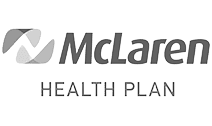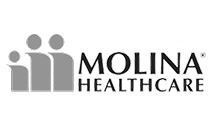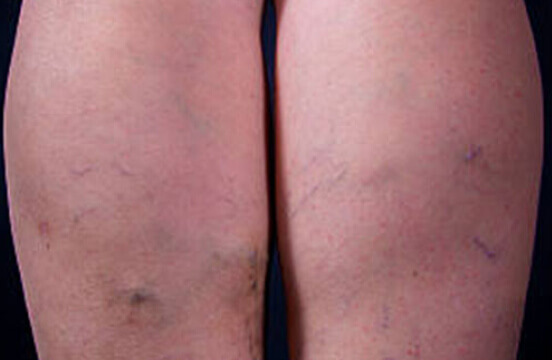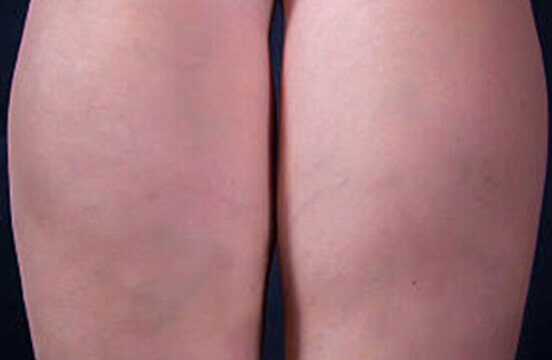Don’t Let Varicose Veins Hold You Back Any Longer: Find Relief With Dr. Zmily in Michigan
Varicose veins are a common and uncomfortable condition that affects millions of people. These swollen and twisted veins can cause various symptoms, such as aching, skin discoloration, and ulcers. If you’re suffering from varicose veins, it’s crucial to seek the help of a specialist. In Michigan, you can turn to Dr. Zmily, an experienced vein doctor with practice locations in Troy, Detroit, Rochester, and Taylor.
Whether you’re just starting to experience symptoms or you’ve been living with varicose veins for years, this comprehensive guide can help you find relief and live a healthier, more active life.
What Are Varicose Veins?
Varicose veins are swollen and twisted veins that usually occur in the legs. These veins develop due to a malfunction in the valves that regulate blood flow, leading to the accumulation of blood and swelling. They’re a common condition, affecting about 30% of adults. Some varicose vein cases may simply be cosmetic, while others are debilitating and painful.
Causes of Varicose Veins
There are various causes of varicose veins, including:
- Genetics
- Age
- Obesity
- Pregnancy
- Standing or sitting for long periods
- Hormonal changes
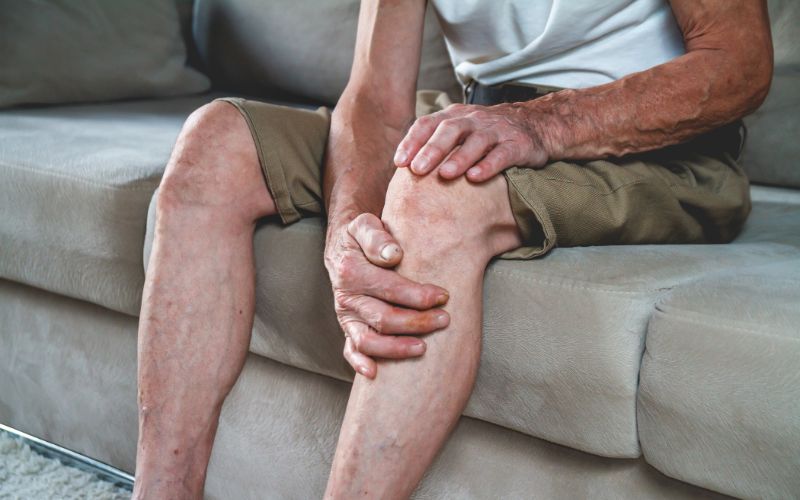
Varicose Vein Symptoms
You may experience several symptoms when suffering from varicose veins, such as:
- Pain or aching in the legs
- Swelling in the legs
- Itching or burning in the affected area
- Skin discoloration near the veins
- Restless legs syndrome
- Leg cramps
- Heaviness or fatigue in the legs
How Are Varicose Veins Diagnosed?
If you’re experiencing varicose vein symptoms, you need to see a vein specialist for a proper diagnosis. Dr. Zmily is an experienced vein doctor who can help you determine the cause of your symptoms and recommend an appropriate treatment.
During a diagnostic evaluation, Dr. Zmily will typically:
- Review your medical history and perform a physical examination: Dr. Zmily will ask about your symptoms and any other health conditions you may have. He’ll also perform a physical examination of your legs, looking for any visible varicose vein signs.
- Order a duplex ultrasound: A duplex ultrasound is a non-invasive test that uses sound waves to create images of the veins in your legs. The test helps Dr. Zmily assess the health of your veins and determine the extent of the damage.
- Evaluate your blood flow: Dr. Zmily may perform a test called a venous reflux study to assess blood flow in your legs. The test helps determine if there’s any blood leakage in your veins, which can contribute to the development of varicose veins.
Based on the results of your evaluation, Dr. Zmily will develop a personalized treatment plan tailored to your unique needs. Whether you need a minimally invasive procedure, surgery, or to make lifestyle changes, he’ll work with you to find the best solution for you. With the proper care and attention, you can effectively manage your varicose veins and enjoy healthy, confident legs for years to come.
Prevention of Varicose Veins
While you may not be able to completely prevent the development of varicose veins, there are several steps you can take to reduce your risk. By incorporating these habits into your daily routine, you can help keep your veins healthy and reduce your chances of developing varicose veins.
- Exercise regularly: Physical activity helps improve blood flow and strengthen the muscles that help pump blood back to your heart.
- Eat a balanced diet: A diet rich in fiber, vitamins, and minerals can help support overall vein health.
- Avoid standing or sitting for long periods: Prolonged standing or sitting can increase pressure in your legs, leading to blood accumulation and swelling in the veins. Taking breaks to stretch and walk around can help reduce this pressure.
- Wear compression stockings: Wearing compression stockings can help improve blood flow and reduce swelling in your legs. They’re especially helpful for people who spend long periods standing or sitting.
By following these simple steps, you can help keep your veins healthy and reduce your risk of developing varicose veins. If you already have varicose veins, work with a vein specialist, such as Dr. Zmily who can develop a treatment plan tailored for you.
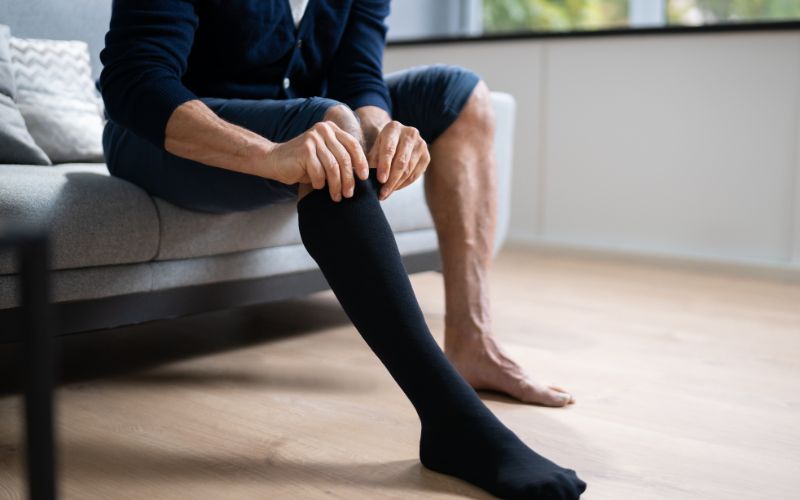
Varicose Vein Treatment Options
Lifestyle Changes
Making certain lifestyle changes can help improve blood flow and reduce the risk of developing varicose veins. These changes may include wearing compression stockings, maintaining a healthy weight, and engaging in regular physical activity.
Compression
Wearing compression stockings can help improve blood flow and reduce swelling and discomfort in the legs. Compression stockings come in various styles and levels of compression, and Dr. Zmily can help you choose the right type for your needs.
Surgery
In more severe cases, surgery may be necessary to remove the affected veins. There are several surgical options available, including:
- Stripping
- Phlebectomy
- Ligation and Stripping
Sclerotherapy
Sclerotherapy is a minimally invasive procedure that involves injecting a solution into the affected vein, causing it to collapse and eventually fade away. This procedure is often used to treat smaller veins and is performed by Dr. Zmily.
Microphlebectomy
Microphlebectomy is a minimally invasive procedure that involves removing the affected vein through tiny incisions in the skin. This procedure is often used to treat larger veins and is offered by Dr. Zmily at our Michigan practice.
Venous Ablation Therapy
Venous ablation therapy is a minimally invasive procedure where a catheter delivers heat or a special solution to the affected veins, causing them to collapse.
Frequently Asked Questions
The recovery time after varicose vein treatment varies depending on the type of treatment you receive. Most minimally invasive procedures, such as sclerotherapy, microphlebectomy, and venous ablation therapy, have minimal downtime, allowing you to return to your normal activities quickly. However, after surgery, you may need to take several days off work to allow for proper healing.
If left untreated, varicose veins can increase your risk of developing blood clots, skin ulcers, and other related health complications. If you’re experiencing symptoms of varicose veins, it’s recommended that you see a vein specialist as soon as possible.
While treatment can help reduce the symptoms of varicose veins, there’s a possibility that the veins may return in the future. However, maintaining a healthy lifestyle, wearing compression stockings, and following the recommended aftercare instructions can help to reduce the risk of recurrence.
Get the Treatment You Need at Our Michigan Vein Clinic
If you have any additional questions or concerns about varicose veins, Dr. Zmily is here to help. With his expertise and experience, he can provide you with the answers you need to make informed decisions about your care. Whether you’re looking to explore your treatment options or simply seeking more information, he’s here to help you achieve your goals.
Our vein specialist has four convenient practice locations throughout Michigan including Troy, Rochester, Taylor, and Detroit. Feel free to call our vein clinic today at (248) 480-0368 to schedule your appointment.











